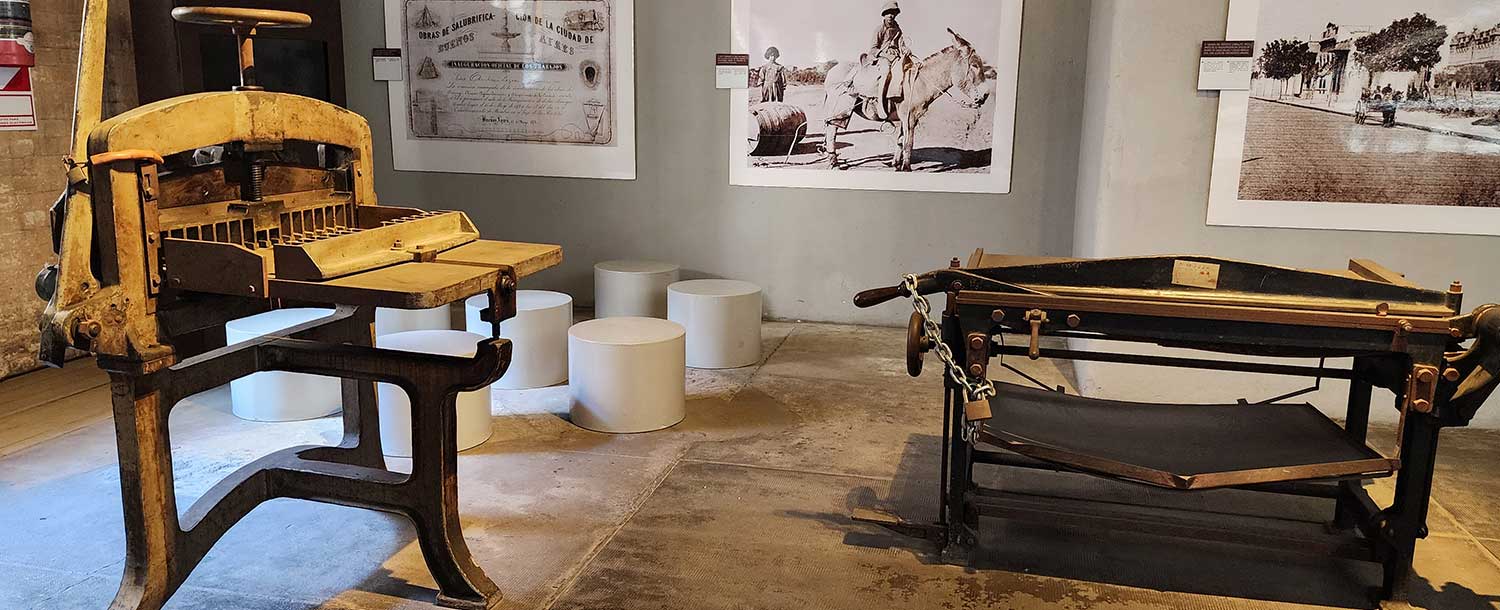Palacio de Aguas Corrientes (The Water Palace)
Occupying an entire city block, the Palacio de Aguas Corrientes (Palace of Running Water) was built in the second half of the 19th century to supply the city's water. Following the city's rapid expansion and several epidemics, including cholera and thyfoid, it was decided to introduce a modern running water system, following designs put forward by British engineer John Bateman. The construction of the 'palace' was overseen by Swedish engineer Carlos Nyströmer and Norweigian architect Olof Boye, between 1887 and 1894. It features French-style mansard rooves, and a facade that consists of 170,000 glazed tiles and 130,000 enameled bricks, all shipped from England and Belgium. Inside are 12 6,000m3 iron water tanks distributed over three floors.
The building today functions as an administrative centre for the city water company, but it also houses a small, quirky museum with a collection of tiles, faucets, and old toilets, bidets and pipes. Guided tours to visit the building's inner workings can be arranged (photo ID required). Entrance on Calle Riobamba.





